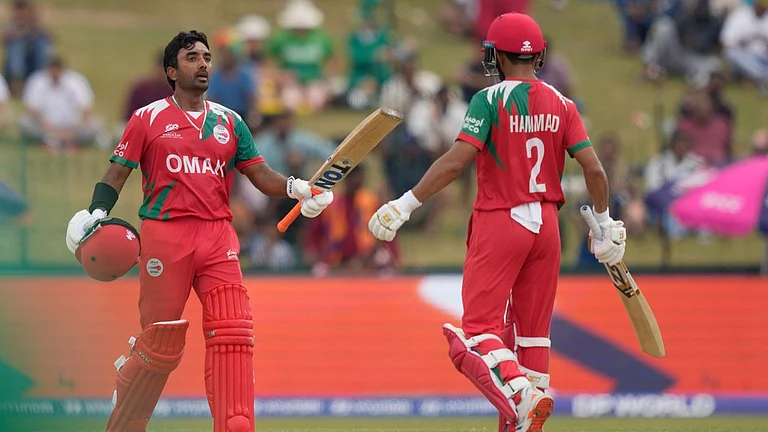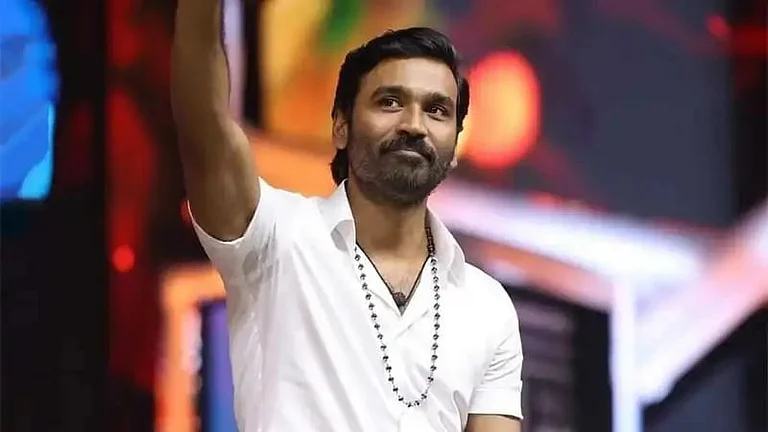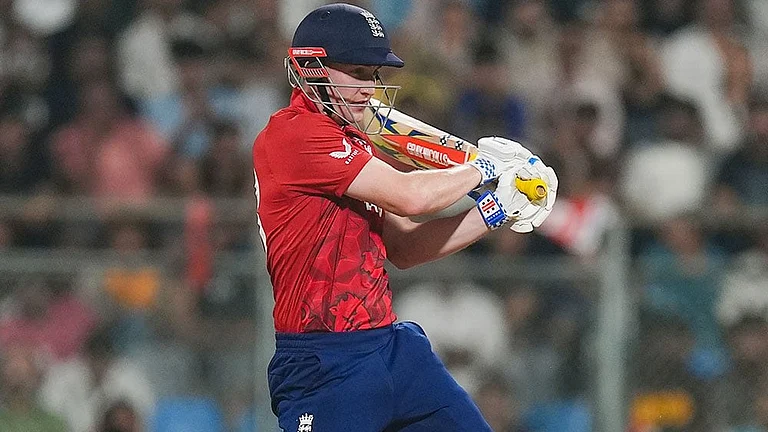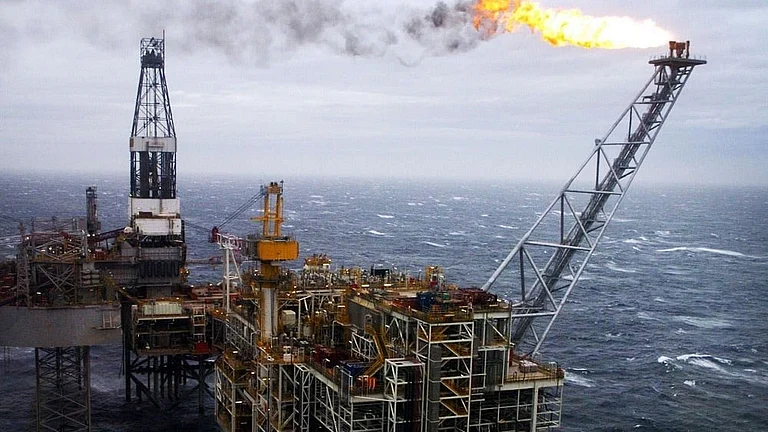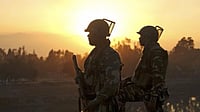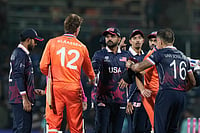Days after Israel resumed its war on Gaza, UN Secretary-General Antonio Guterres invoked Article 99 of the UN Charter and urged the Security Council to “act over Israel-Palestine crisis” on Wednesday.
In his letter to the President of the Security Council, Guterres wrote, “Nowhere is safe in Gaza”, and called on the members of the Security Council to “avert a humanitarian catastrophe”.
What is Article 99 of the UN Charter?
Under Article 99, “The Secretary-General may bring to the attention of the Security Council any matter which in his opinion may threaten the maintenance of international peace and security.”
It is the first time the article has been formally invoked by Guterres. The last time the article was used was in 1989 by Secretary-General Javier Perez de Cuellar near the conclusion of the Lebanese civil war. The war, claiming approximately 150,000 lives, entailed an Israeli invasion and occupation of southern Lebanon, alongside confrontations between Israeli and Syrian forces.
The Secretary-General, however, does not have the power to force the Security Council into specific actions. It's essentially a provision for the Secretary-General to raise awareness of potential threats.
Why did Guterres invoke Article 99?
UN Spokesperson Stéphane Dujarric said the UN chief was taking the step “given the scale of the loss of human life in Gaza and Israel, in such a short amount of time”.
Dujarric believes it is the most powerful tool that the Secretary-General has.
In his letter to the Security Council, Antonio Guterres spoke of his concerns about existing threats to the maintenance of international peace and security, with the hostilities in Gaza and Israel creating “appalling human suffering, physical destruction and collective trauma”.
“The situation is fast deteriorating into a catastrophe with potentially irreversible implications for Palestinians as a whole and for peace and security in the region,” the letter read.
Opposing stances in the UN Security Council
The Security Council is one of the six main organs of the United Nations established under the UN Charter. Its primary responsibility is maintaining international peace and security.
On November 15, 2023, the UN Security Council released a joint statement on the ongoing war in Gaza, calling for “urgent and extended humanitarian pauses” after four unsuccessful attempts highlighting the Council's prolonged deadlock due to divergent positions among member countries.
This came nearly a month after the US vetoed a “humanitarian pause” resolution in the UNSC that would have condemned Hamas’ attack on Israel while calling for a pause to deliver lifesaving aid to millions in Gaza. While 12 of the Council’s 15 members had voted in favour, the United States voted against. Meanwhile, Russia and the United Kingdom abstained.
US Ambassador Linda Thomas-Greenfield justified the US veto in the Council chamber, stating that, “this resolution did not mention Israel’s right of self-defence”.
The US has consistently supported Israel politically, financially, and militarily. Following Hamas’ attack on Israel on October 7, President Biden expressed solidarity by visiting the country and pledged billions in military support, in addition to $3.1 billion in military aid it annually provides to Israel.
Today, UAE Mission to the UN took to X (formerly Twitter) to call for a humanitarian ceasefire resolution.
“The UAE calls for a humanitarian ceasefire resolution to be adopted urgently and has just submitted a draft to the UNSC,” the post read.
“The situation in the Gaza Strip is catastrophic and close to irreversible. We cannot wait. The Council needs to act decisively to demand a humanitarian ceasefire.”
According to sources, the UAE aims to put the text to a vote on Friday when the council is due to be briefed by Guterres on Gaza.







